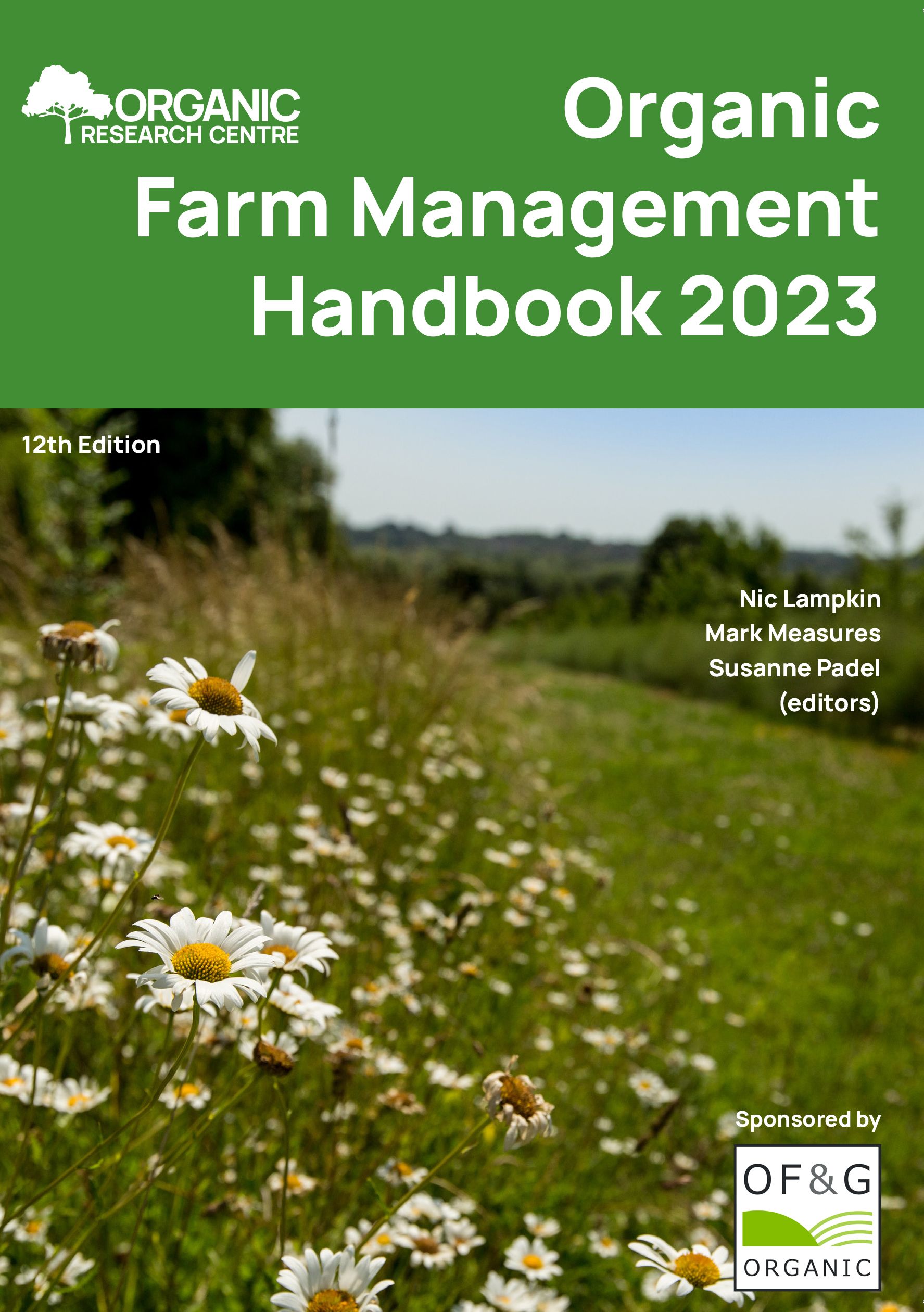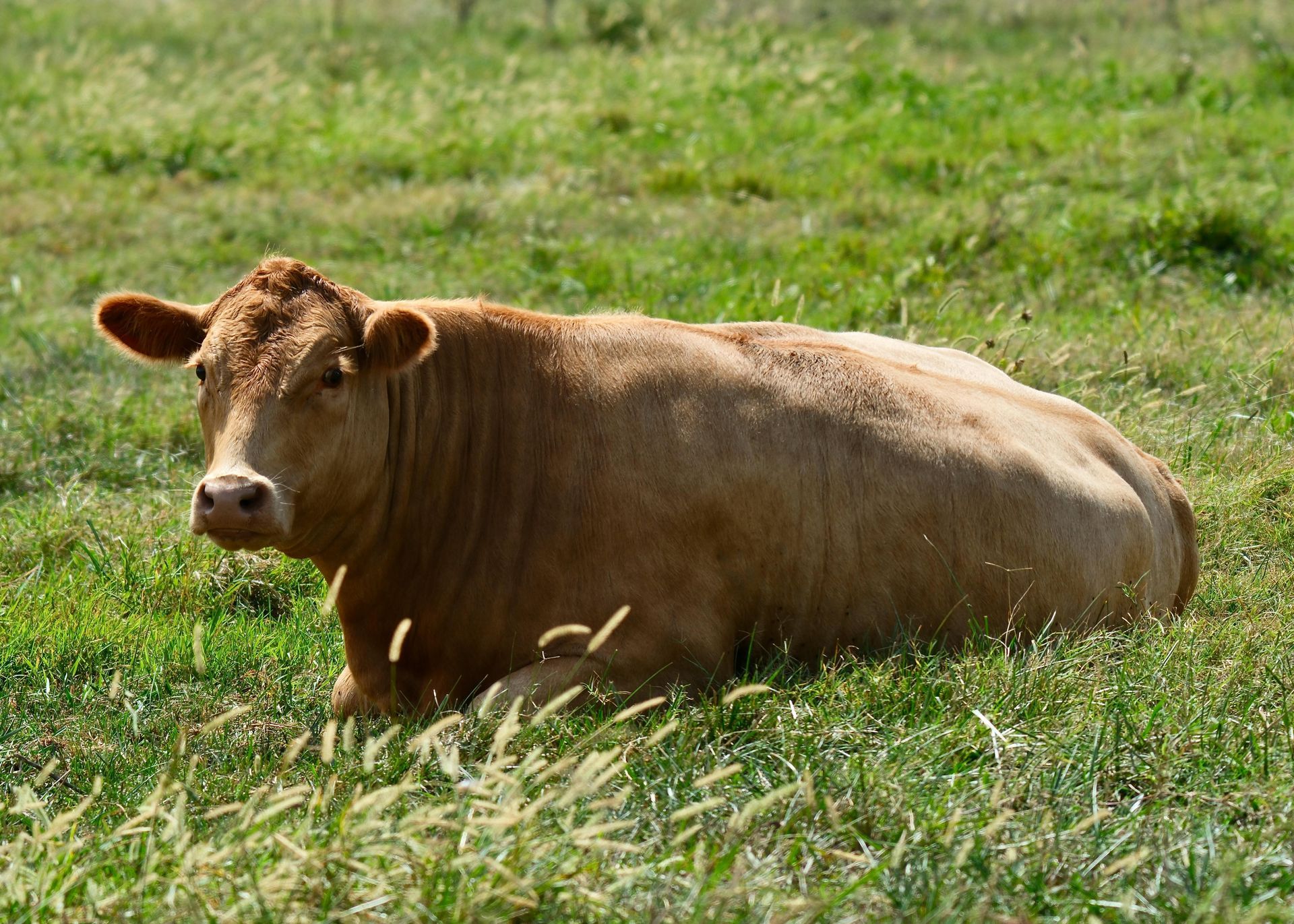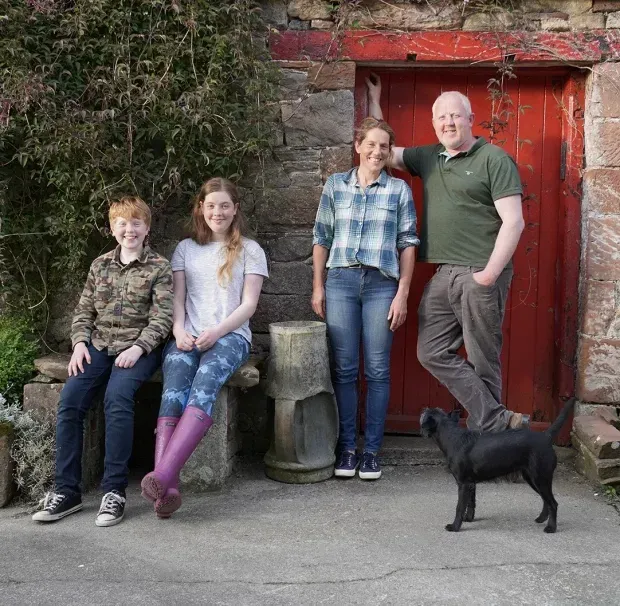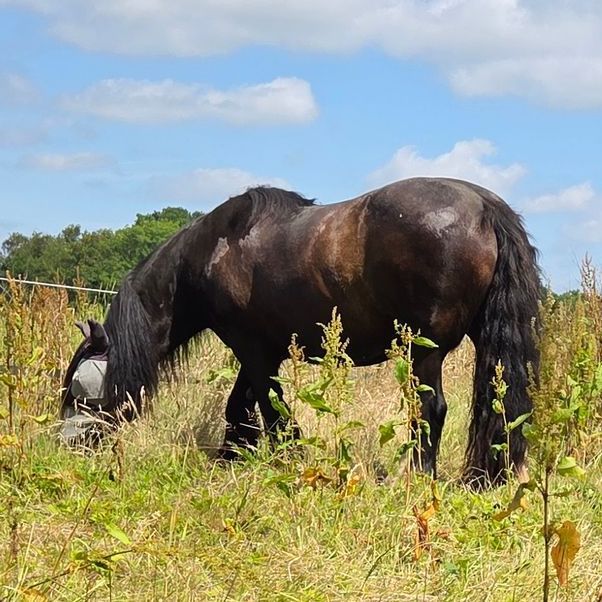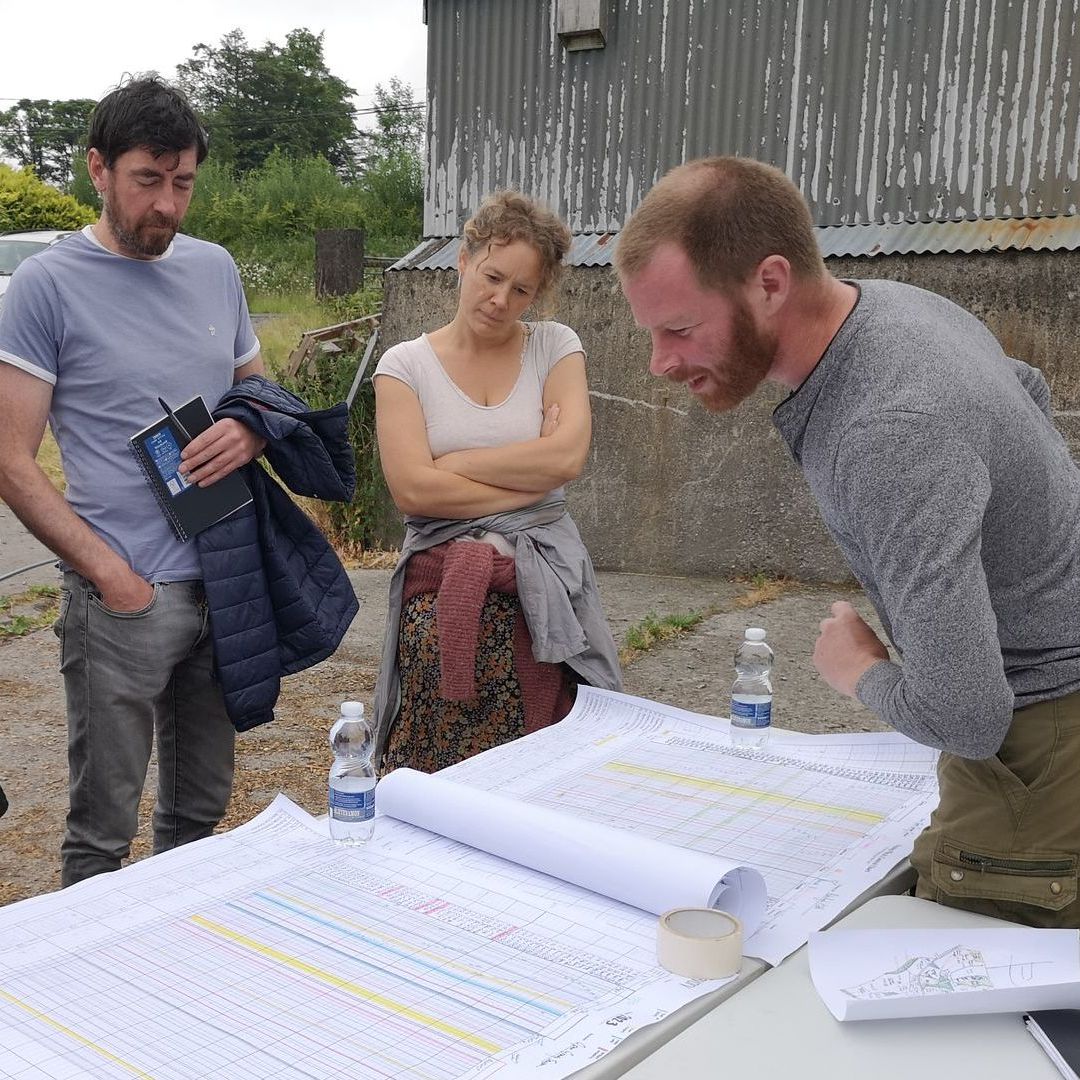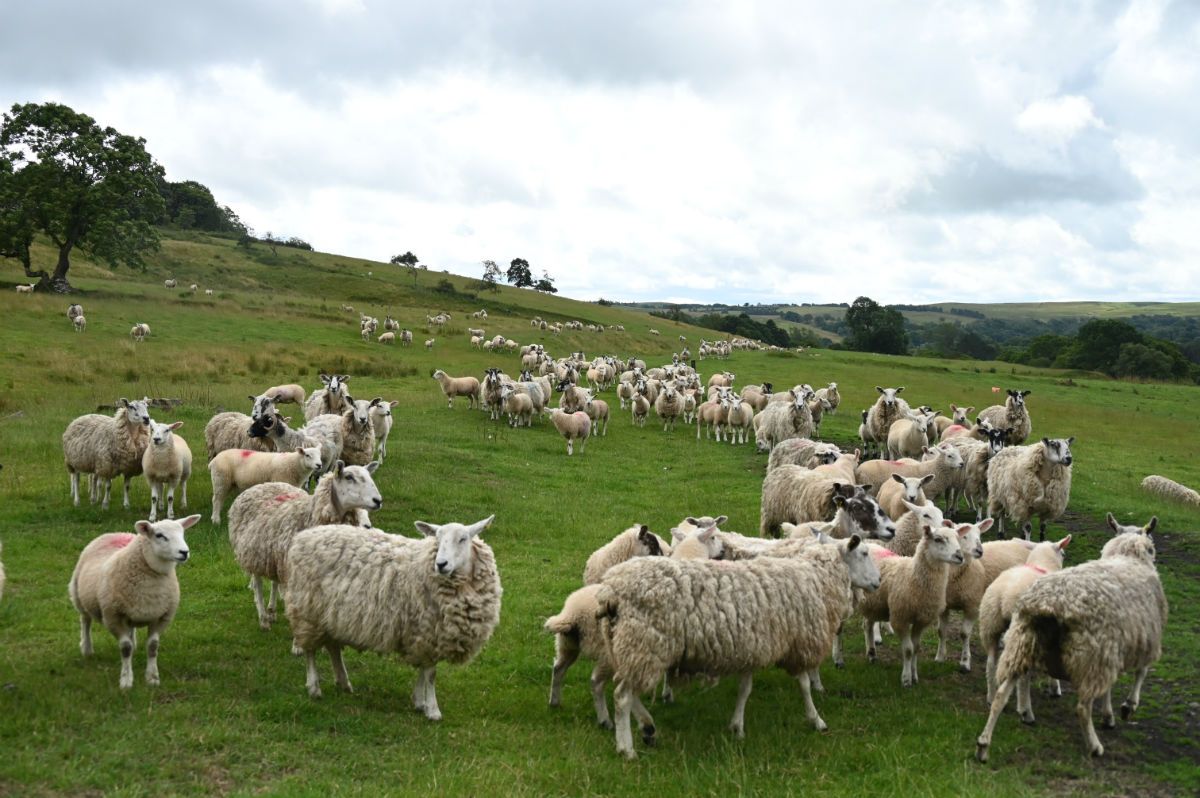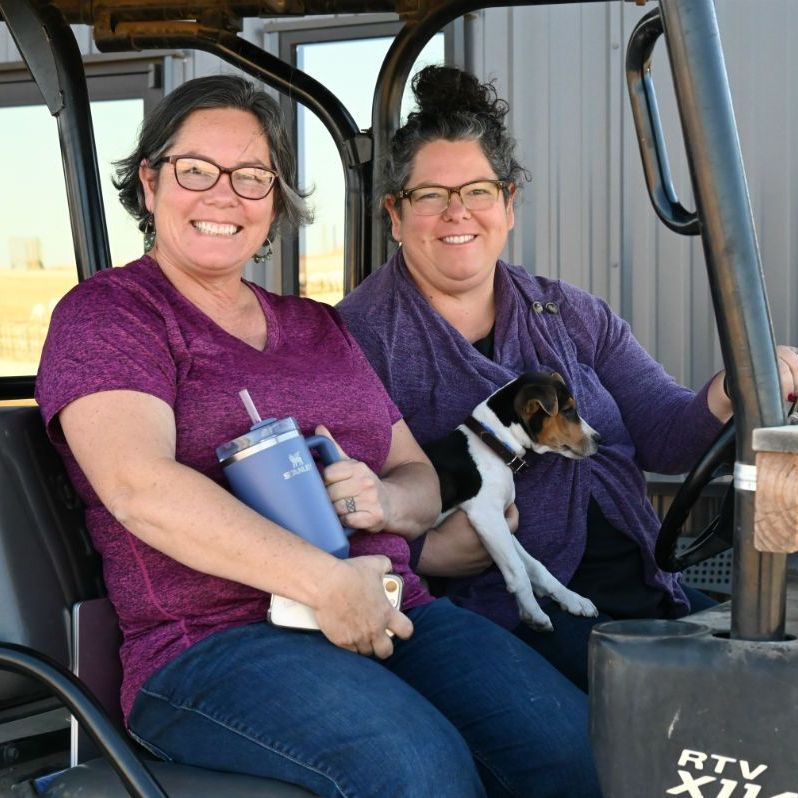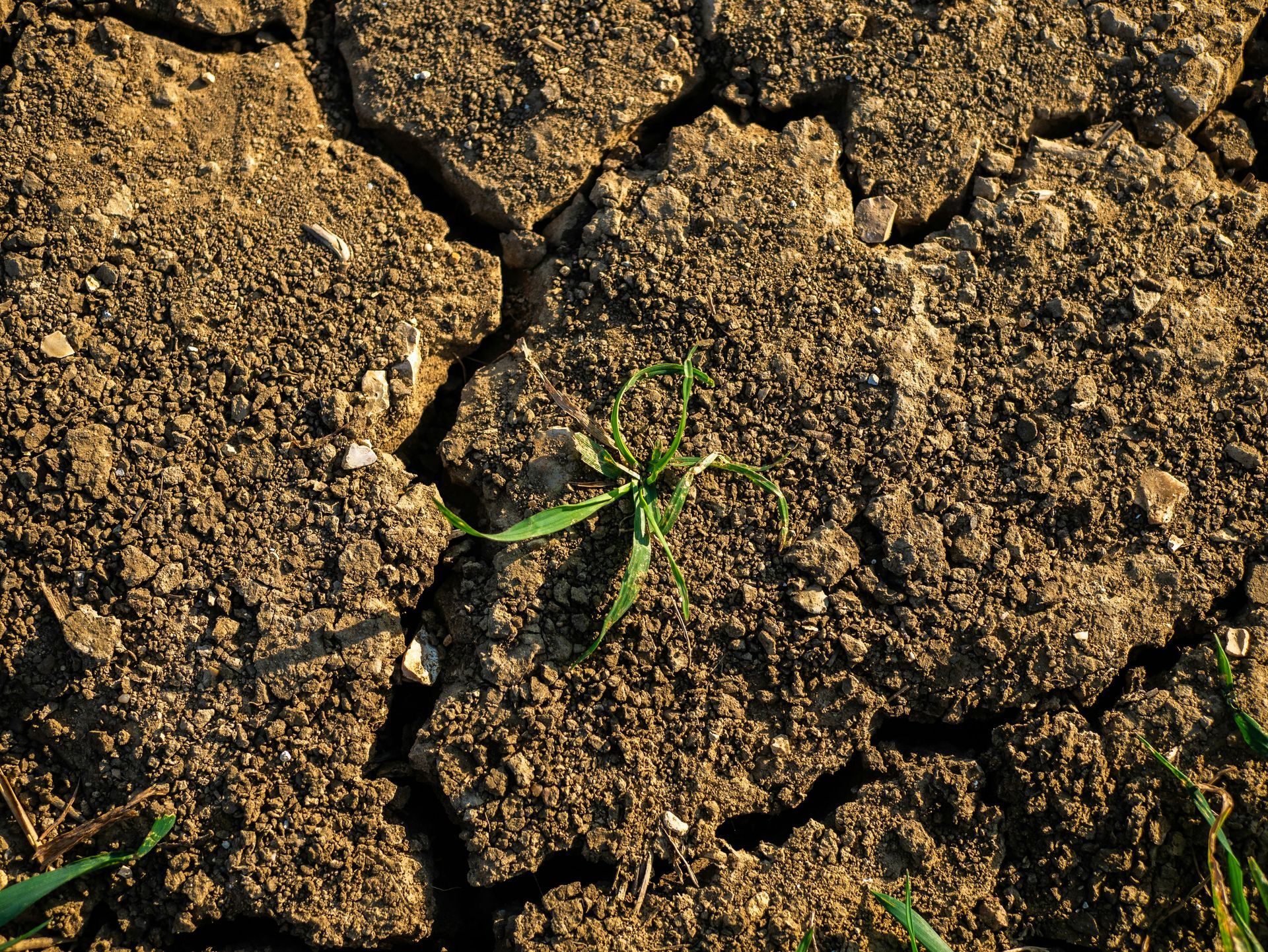by Glen Burrows
•
15 April 2025
What Are Indicators? The terms "leading" and "lagging indicators" originate from systems theory and are widely used in economics. In this context, leading indicators give clues about where the economy is going, while lagging indicators show us what has already happened. A classic leading indicator is the number of new job advertisements. If companies are posting lots of job openings, it usually means they expect business to grow soon — a sign the economy may be about to improve. A well-known lagging indicator is the unemployment rate. When the economy slows down, businesses take time to react, and layoffs often happen after the downturn has already begun. So while job ads can warn of change, unemployment confirms it has already occurred. Indicators in Ecology In ecology, particularly within Holistic Management, the same principles apply. Leading and lagging indicators help land managers respond to environmental changes more effectively. Ecological Outcome Verification (EOV) Ecological Outcome Verification (EOV) offers a structured framework for monitoring ecological health using both leading and lagging indicators. Classic leading indicators in EOV include: Dung distribution – shows how effectively animals are using the landscape, which relates to grazing impact. Litter cover – refers to plant material covering the soil surface, helping retain moisture and build organic matter. Soil capping – early signs of water infiltration issues and surface degradation. Classic lagging indicators in EOV include: Soil carbon content – a long-term measure of soil health Biodiversity (plant species richness) – reflects broader ecological balance, but responds slowly to changes in management. Water infiltration rates – reveal soil structure and function after long-term management effects. Leading indicators offer subtle, early signals that help land stewards adjust management in real time. Lagging indicators provide essential long-term feedback but often appear only after major changes have occurred. The Human Condition as a Lagging Indicator Human beings have been remarkably successful in inhabiting every climatic region on Earth, not through biological adaptation alone, but by modifying environments with tools, clothing, shelter, agriculture, and technology. This resilience has allowed us to thrive well beyond the natural carrying capacity of local ecosystems. By importing resources, controlling temperature, and artificially generating food and water, we have effectively decoupled our survival from the immediate health of our environments. However, this very success has dulled our sensitivity to ecological feedback. Because we buffer ourselves from natural limits, we often fail to notice when those limits are being breached. Our ability to override early warnings with technology — irrigation, fertilisers, antibiotics, global supply chains — means we no longer feel the signals of stress in ecosystems. In the past, poor soil meant failed crops and hunger, prompting quick behavioural change. Now, consequences are delayed, but not avoided. This resilience is deceptive. It creates the illusion of stability while ecological degradation accumulates in the background. By the time problems become visible — mass species extinction, collapsing insect populations, polluted waterways, declining soil fertility — critical thresholds may have already been crossed. Our responses come too late, often reactive rather than adaptive. Technology extends our comfort, but dulls our ecological sensitivity. Instead of being part of the feedback loop, we exist outside it — until the damage is undeniable. That is why human behaviour now functions as a lagging indicator. We wait for catastrophe before we act. A Flawed Operating System This lag is rooted in our worldview. Modernity, grounded in dualism and industrial logic, sees humans as masters of nature, not participants within a living whole. It encourages control, prediction, and efficiency over perception, humility, and adaptability. This mindset dulls our ecological senses. It overrides our capacity for intuitive, embodied responsiveness. It privileges measurable outputs over relational awareness. As a result, we are systemically insensitive to leading indicators. We miss the bare soil, the collapsed microbial life, the vanishing pollinators — until their absence disrupts our daily lives. In Holistic Management, trained observers — called monitors — are taught to read the land not only through long-term trends but through its moment-to-moment language. What would it mean for us, collectively, to read the Earth in this way? The Potential of Conscious Adaptation While we currently lag, we don’t have to. The beauty of holistic systems — and of life itself — is that they can be trained to respond more intelligently, more attentively, and more quickly. We can become leading indicators. We can tune into early signs of imbalance. We can feel into the edges of complexity before they fracture. We can act, not react. This shift begins with a new internal operating system, one that Holistic Management helps develop. When we define a Holistic Context for our lives, families, organisations, or communities, we begin making decisions rooted in long-term integrity rather than short-term gain. The health of soil, water, people, and purpose are no longer competing interests but interconnected essentials. This isn’t about idealism — it’s about function. It’s about survival through wholeness. Learning to Sense Again Our capacity to live regeneratively depends on our capacity to sense. Not just to measure or model, but to develop a more reliable holistic impression of nature.To be in a new relationship. To notice, to the best of our emergent abilities the nature of the wind, the soil, the plants, the insects and creatures, the changing seasons. In this way, our technological ingenuity isn’t the problem — our disconnection is. Perhaps the next evolution of human intelligence isn’t in artificial intelligence or global policy, but in restoring our capacity for attuned, holistic sensing — the kind of awareness a good grazer has, or a river shifting course to find flow. A Final Reflection The ecological crises we face today aren’t just about pollution or carbon. They are symptoms of a deeper crisis of responsiveness. We are not behaving as if we are part of the living system. We’re lagging, watching from the outside, narrating collapse like a documentary. But we can wake up. We can step back into the loop. Just as a landscape can recover when the right indicators are observed and the right context is held, so too can we — as individuals and as a species — become wise stewards of our place within the whole. If human behaviour is currently a lagging indicator, then the great challenge — and opportunity — of our time is to become a leading one. The very tool that enabled our extraordinary resilience — technology — can now be repurposed to restore our sensitivity and responsiveness. Rather than standing apart from nature, we can become an active part of it once again, adapting in real time and accelerating ecological recovery faster than passive rewilding alone ever could.

